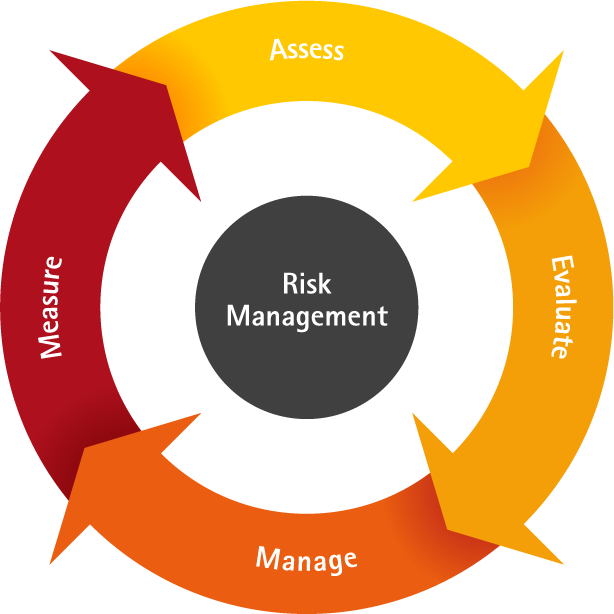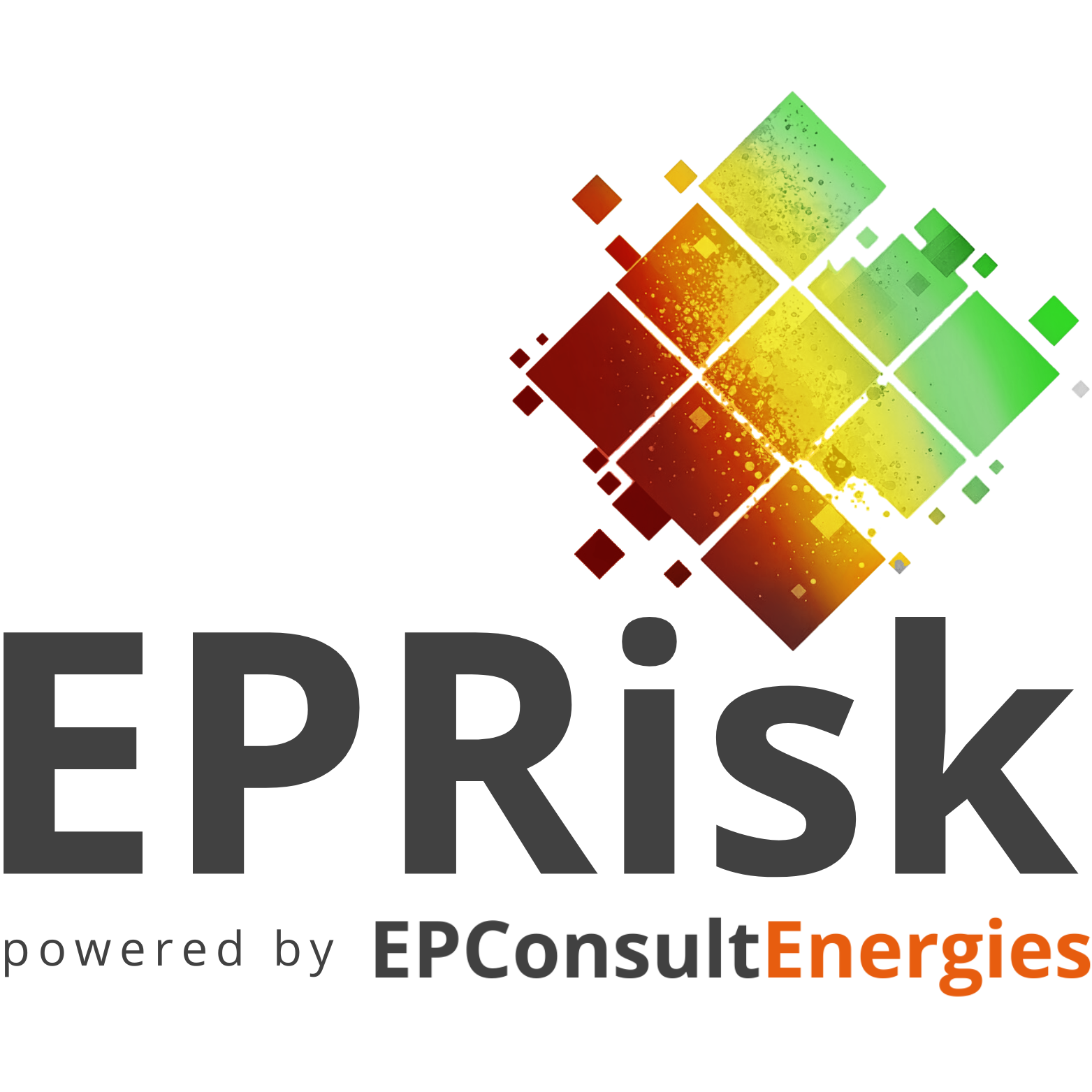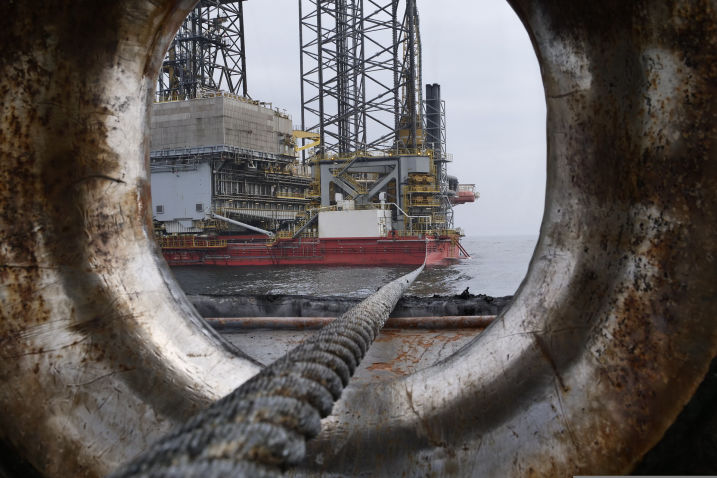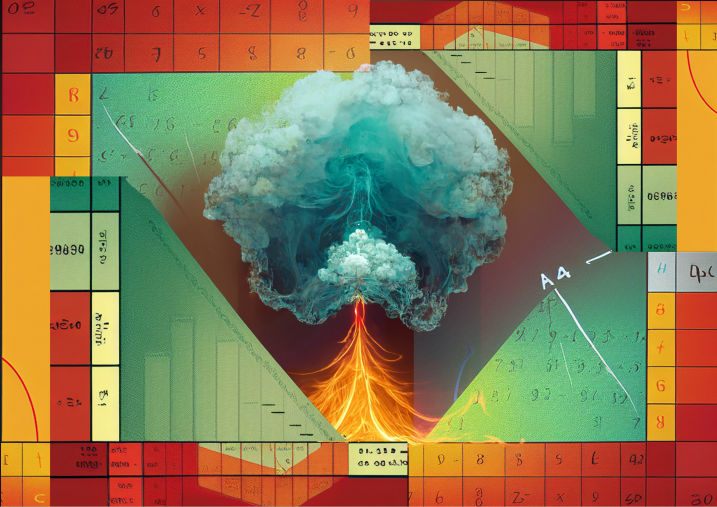What is Renewable Energy Risk Management?
Renewable Energy Risk Management is an essential framework for navigating the inherent uncertainties and complexities in renewable energy projects. This strategic approach focuses on identifying, analysing, and mitigating risks while seizing opportunities to ensure project success and sustainability. It's a dynamic process, adapting as the project evolves, with an emphasis on early-stage identification of potential risks and opportunities for effective resolution and benefit maximisation.

What are the Risks in Renewable Energy Projects?
Renewable energy projects face a myriad of risks, each capable of affecting the project timeline, cost, and success. These typically include:
- Reservoir uncertainty
- Complications in obtaining permits
- Challenges in land acquisition
- Legal issues related to the right of way
- Delays in the delivery of materials
- The potential failure of new technology to meet project requirements
- Ambiguity in defining quality standards
- Inaccurate or insufficient survey data
Understanding and managing these risks are pivotal in steering projects towards their intended goals while maintaining adherence to budget and time constraints.
Our Project Risk & Opportunity Services
At EP, our approach to risk and opportunity management in renewable energy projects is holistic and multifaceted. Our team, comprised of experts from diverse disciplinary backgrounds, brings depth and breadth to our risk assessment capabilities. We facilitate risk management workshops and conduct specialised assessments, including Cost Risk, Schedule Risk, Decision Risk Assessment using Event Tree Analysis, and Quantitative Risk Analysis (QRA).
Recognising that aligning with business objectives, cash flow, payback targets, and company HSE goals are crucial, we acknowledge that projects may need to be fast-tracked. This often introduces additional risks, but our structured risk management process ensures that these risks are identified, understood, and managed effectively to mitigate future impacts and ensure project success.
What is the Risk Management Process?
Our risk management process is comprehensive and proactive, involving:
- Identifying risks early in the project lifecycle, typically through a facilitated risk workshop.
- Assessing the risks using a detailed, three-stage approach.
- Identifying and assigning mitigation actions to manage the risks effectively.
- Monitoring the mitigation actions to ensure they are implemented effectively and adjusting as necessary.
- Regularly reassessing risks to respond to any changes in the project scope or external factors.
We advocate for the creation of a risk register as early as possible during the conceptual engineering phase to ensure that risks are managed promptly and effectively. Our proprietary software, EPRisk, is instrumental in collecting data during the workshop and generating the risk register. It's crucial to note that while our process is thorough, it may not cover all risks in exhaustive detail, which is why we may recommend a Quantitative Risk Analysis (QRA) or a cost-benefit analysis as part of the mitigation actions to ensure a well-rounded approach to risk management.

Case Study Example:
ADCO Bab Integrated Facilities Project FEED - Project Risk Assessment








